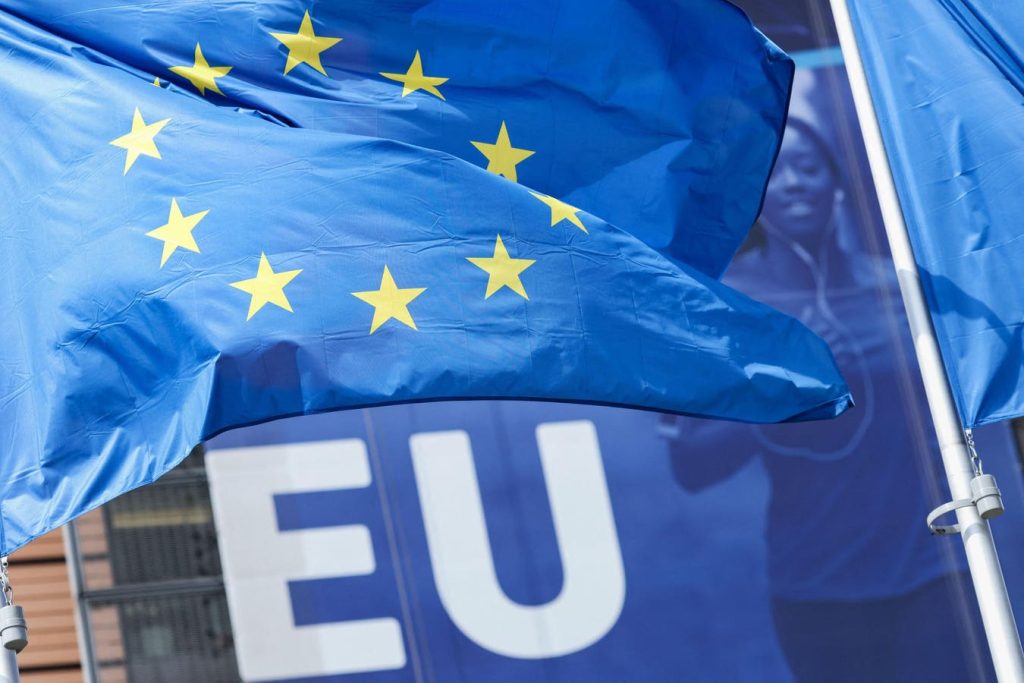The Council of the European Union has approved the Corporate Sustainability Due Diligence Directive (CSDDD), which holds companies accountable for environmental and human rights violations in their supply chains. Despite facing challenges during the approval process, the final version of the CSDDD was watered-down from its initial proposal. The directive requires companies to adhere to sustainability standards in relation to environmental issues, climate change, and human rights.
The new due diligence requirements apply not only to the actions of the company but also their subsidiaries and supply chain. This means that EU-based companies, as well as non-EU companies that conduct a certain level of business in the EU, could be held liable for the actions of their suppliers. Originally impacting companies with 500 employees and a turnover of €150 million, the thresholds have been raised to 1,000 employees and a turnover of €450 million. The CSDDD will be phased in over five years, with larger companies being impacted first.
The approval process for the CSDDD was not without its challenges, with 45 days of closed-door negotiations and political pressure leading to a rollercoaster of emotions for sustainability advocates. Despite these hurdles, the European Parliament approved the directive on April 24, sending it back to the Council of the European Union for final approval. The COMPET vote on May 24 saw 17 EU states in favor of the directive, with 10 abstaining. Due to the voting requirements, an abstention has the same effect as voting against the directive.
Once formally published in the European Union Official Journal, EU member states will have two years to implement the directive at the national level. The publication is expected to occur in early June 2024, marking a significant step towards holding companies accountable for their sustainability practices. The CSDDD aims to ensure that businesses operating in the EU prioritize environmental and human rights concerns in their operations and supply chains, ultimately contributing to a more sustainable and ethical business landscape.


